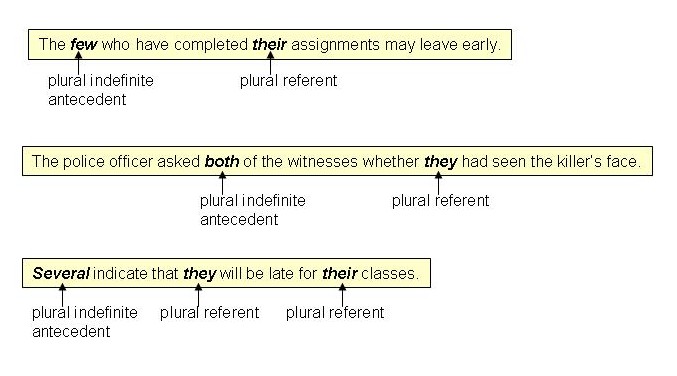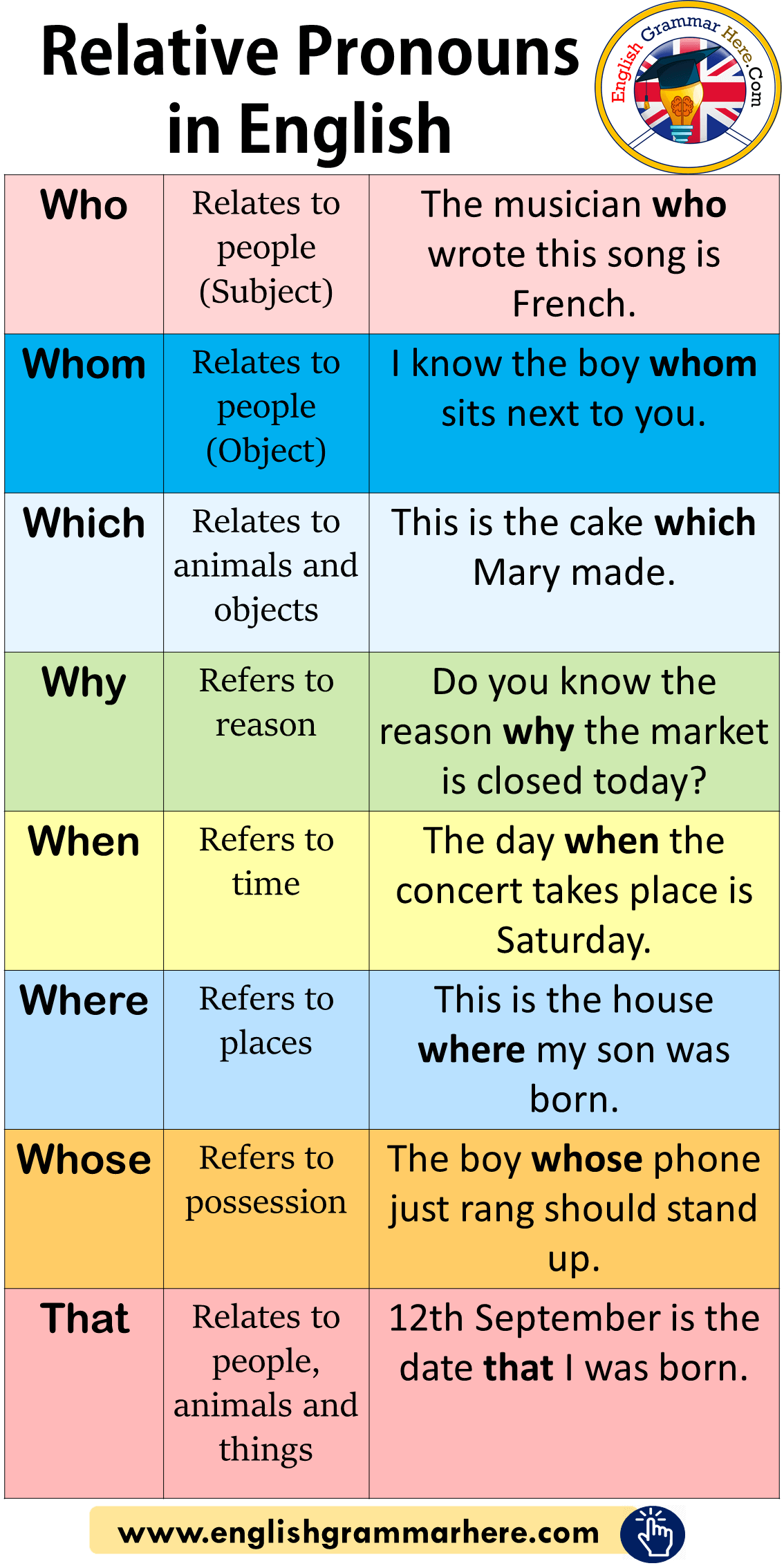Singular Indefinite Pronouns Examples Sentences | Below you will find a list of indefinite pronouns with an explanation of their meaning, rules of use (singular or plural) and an example. Plural indefinite pronouns take a plural verb. Indefinite pronouns are used to make reference to unspecified people, things, places or quantities; These pronouns include all, any, either, none, some, more, most. Phrasal verbs get, definition and example sentences get along, get around, get through, get ahead.
An indefinite pronoun does not refer to any specific person, thing or amount. Some indefinite pronouns may be singular or plural. What is noun clause, example sentences. Below you will find a list of indefinite pronouns with an explanation of their meaning, rules of use (singular or plural) and an example. In the first case, 'everybody' (indefinite 'singular' pronoun) uses singular verb.i.e.

Some indefinite pronouns may be singular or plural. In english, there is a particular indefinite pronouns with no are often used in affirmative sentences with a negative meaning, but negative sentences can only be formed with the indefinite pronouns that include any. The second sentence uses any as an adjective to modify milk, answering the question, how much? All are described below with proper examples. What is noun clause, example sentences. We use indefinite pronouns to refer to people or things without saying exactly who or what they are. Indefinite pronouns can be singular, plural or both, singular and plural. When you read, you will notice that writers have different strategies for handling these words. Indefinite pronouns are used to make reference to unspecified people, things, places or quantities; Pronouns replace nouns in sentences. In the first case, 'everybody' (indefinite 'singular' pronoun) uses singular verb.i.e. Something is not right with the printer. Phrasal verbs get, definition and example sentences get along, get around, get through, get ahead.
Indefinite pronoun examples, exercise and list: Each, every, either, both, neither, some, any, such, none in sentences of this kind, the personal pronoun (he, his, him) must be in the singular to agree with its antecedent (everybody, anybody, etc.). Pronouns which are not known which nouns are used are called indefinite pronouns. We'll examine them according to their function as a plural or singular indefinite pronoun. Indefinite pronouns, like collective nouns, can be singular or plural, depending on how they are used in a sentence.

Phrasal verbs get, definition and example sentences get along, get around, get through, get ahead. These pronouns include all, any, either, none, some, more, most. It is used when something or a person has been mentioned before. Indefinite pronouns can be singular, plural or both, singular and plural. Here are some examples of indefinite pronouns (shaded): An indefinite pronoun is a pronoun that refers to a person or a thing without being specific. (without pronoun) the chefs celebrate with champagne. Indefinite pronouns, like collective nouns, can be singular or plural, depending on how they are used in a sentence. Each, every, either, both, neither, some, any, such, none in sentences of this kind, the personal pronoun (he, his, him) must be in the singular to agree with its antecedent (everybody, anybody, etc.). In english, there is a particular indefinite pronouns with no are often used in affirmative sentences with a negative meaning, but negative sentences can only be formed with the indefinite pronouns that include any. The indefinite pronouns point out objects less clearly or definitely than demonstratives do. How to use less and fewer, definition and example sentences. Below you will find a list of indefinite pronouns with an explanation of their meaning, rules of use (singular or plural) and an example.
This and that are used in singular, these and those are used in plural expressions. Phrasal verbs get, definition and example sentences get along, get around, get through, get ahead. Indefinite pronouns do not refer to a specific person, place, or thing. All the most common indefinite pronouns are listed below, with examples, as singular, plural or singular/plural. Loves, which is the correct way to use 'everybody'.

All, any, more, most, none, some. Something is not right with the printer. It all depends on the noun it stands for. Of these two sandwiches, neither looks like something i would eat. Phrasal verbs get, definition and example sentences get along, get around, get through, get ahead. It is vague and 'not definite'. In english, there is a particular indefinite pronouns with no are often used in affirmative sentences with a negative meaning, but negative sentences can only be formed with the indefinite pronouns that include any. What is noun clause, example sentences. In the first sentence, footwear makes some singular, so it is the pronoun that agrees. They are called indefinite simply because they do not indefinite pronouns include partitives such as any, anybody, anyone, either, neither, nobody, no, someone, and some; Pronouns which are not known which nouns are used are called indefinite pronouns. The verb in the sentence must agree in number with the antecedent. All are described below with proper examples.
Something is not right with the printer singular pronouns examples. Here are some examples of indefinite pronouns (shaded):
Singular Indefinite Pronouns Examples Sentences: It all depends on the noun it stands for.
Fonte: Singular Indefinite Pronouns Examples Sentences
0 Response to "Madonna! 42+ Verità che devi conoscere Singular Indefinite Pronouns Examples Sentences! Here are some examples of indefinite pronouns:"
Posting Komentar